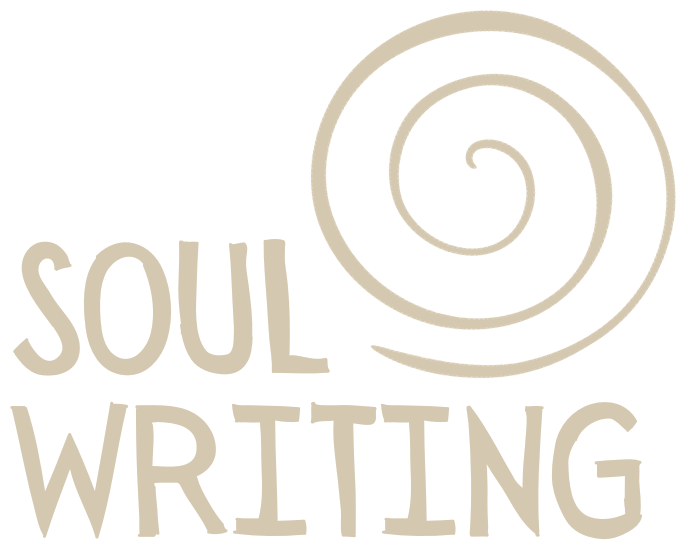Set your writing free
The best gift I received this season was Ross Gay’s The Book of Delights. There’s lots about it that is, well, delightful (you did it, Ross!), but the element that’s inspiring me most this first time through is the simple fact that he wrote a short essay by hand in “smallish notebooks” every day for a year.
Ross admits up front that he let go of “daily” pretty early on, skipping a day here and there. He doesn’t [need to] go into detail or justification as to why he didn’t get to the page every single day. I suppose one reason is that he’s human. Also it’s my impression (this book leaves lots of space for impression, which is marvelous) is that the structure may have been a bit too forced and stringent and, since this is writing on what delights, he had to be freer to find his joy in it. And structure is often the surest way to find freedom. Maybe he found a gorgeous middle way. Who knows. This is all conjecture. All impression.
(Also, since we’re admitting things, I will confess that as of this writing I am less than halfway through the book, so it’s possible that what I say about it at this point might be addressed or refuted in later pages. I just couldn’t wait to say what I loved about it, and to share it with you.)
The spirit of the essays—a pared-down selection from among the hundreds he did write—is one of flow. The man didn’t have to rack his mind to come up with the day’s subject of delight; it was always right in front of (or in) him. Which of course is one purpose the book: pointing out that there is something delightful in every day, even if—especially if—the subject matter is intense. Often a noticing leads to a heavy truth (cancer, guns, accidents, alienation) that he writes with, if not always lightness, at least a movement and flexibility that transforms the notion, the memory, the reader.
There’s palpable healing in these pieces, though rarely a resolution, which I find wonderful. For one thing, if something is resolved, what’s left to write about? Plus generations of heartbreak and injustice aren’t going to be resolved any time soon, but breathtaking art keeps getting made—addressing, rewriting, reclaiming, turning horror into a kind of beauty. Quieting, maybe forever, a few pieces of a few hearts, a few hundred words at a time.
These essays are gorgeously imperfect, grammar be damned—or at least set aside in the name of delight, of play, of joy. One essay celebrates the very delight of writing by hand: the way, for instance, run-on sentences are allowed to exist without the temptation to edit, or liberation from the perennial condemnation of spell check.
The pieces vary in length, too. If Gay gets his incisors in something he may go on for four or more pages, but more often than not they cover no more than a single spread. A mercy—a delight!—for the reader, who may just want to dip in for a minute or two of richness and contemplation before turning to their own day’s delights. It reminds me that we don’t have to labor over a piece all day for it to have impact.
In these and so many other ways worthy of celebration, Ross Gay has compiled—readily, honestly, quirkily, and yes, delightfully—a book. A body of work. I was not in his mind during the publication process but get the sense that he released this thing into the wild in the same spirit: unattached, merrily, as an offering. Giving freely from his abundant garden (gardening a theme that crops [heh] up regularly throughout). There’s no possibility of, and certainly no point in, keeping it all for himself.
Just in this moment (I swear I did not plan for this, I simply wrote my way here this morning) I realize that I am committing to show up daily at the page and write my delight, or some other topic that wants my attention. Isn’t that handy, given that a fresh new January is mere days away now. I haven’t done this for a long time and a year is a lot to commit to, but heck, I write every day anyway, why not select some sacred prompt and devote myself to it?
Whether or not it becomes something I wish to offer the world, I hope to at least write it in that spirit: offering. Not showcasing, not entering into a contest, not presenting for viewing. Not writing with an audience in mind, but rather to see what the writing itself wants to become. And most importantly being in practice—for the sake of keeping my writing loose and joyful, staying unattached to outcome, and remaining connected to this art that I adore.
If it feels at all juicy to you, I invite you to join me. Pick a topic or a prompt—find one in the #prompts channel on the Soul Writing Slack workspace, or in a book, or anywhere in the world, really. Sit down at the page every day. Set a timer for ten minutes (or less, or more, whatever feels in balance), and write something. Share it here if you’d like, or email it to me at joy@soulwriting.com. Regardless, know that you are creating a body of work that, even if it’s not out in the world, it’s out of you, on the page, and now you know you can do this.
What’s more delightful than that?
